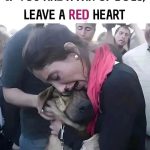Remembering Laika: The Brave Soul Lost in Space
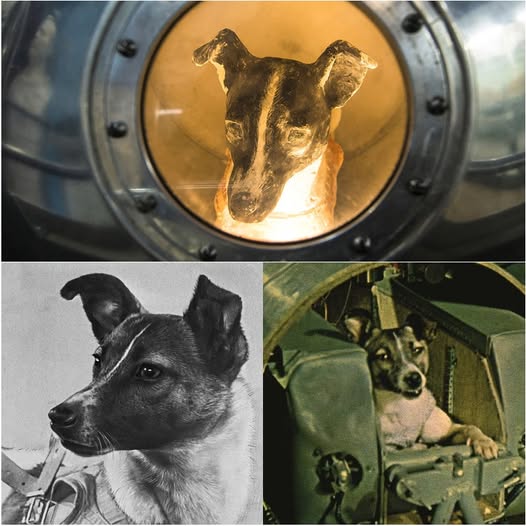
It’s with a heavy heart that I take a quiet moment each year to remember Laika, especially during this time of year. It’s been 67 years since she was launched into space, and while many may have moved on, her story still matters deeply. Not because I am a scientist, but because Laika was more than just a dog in a rocket—she was a soul who trusted humanity and became part of a pivotal moment in history.
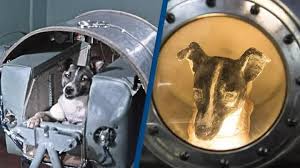
Laika wasn’t born to be a symbol of progress. She was a stray dog found on the streets of Moscow, with no idea of the fate that awaited her. Her real name was Kudrjavka, which means “curly” in Russian, but the world would come to know her as Laika — the little barker, the dog who went to space.
Chosen for her calm temperament and ability to withstand harsh conditions, Laika became the first living being to orbit Earth when she was launched aboard Sputnik 2 on November 3rd, 1957. The capsule she was in had food and water, and its walls were padded for comfort. But there was no plan for her return. From the very beginning, the mission was never about bringing her back. Laika’s journey was always going to be a one-way trip.
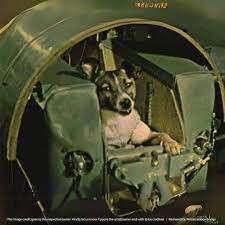
Accounts of her time in space vary, but some say she lived for seven hours, others say a few days. What we do know for sure is that her final moments were spent alone in the silence of space, unaware of the monumental role she was playing in history. Circling the Earth 2,570 times, her capsule eventually burned up upon re-entry in April of the following year.
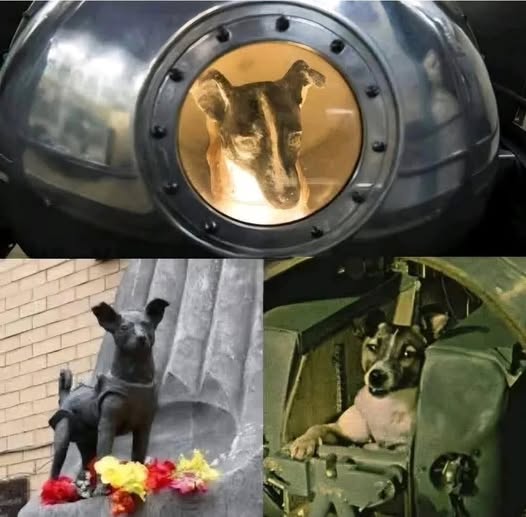
The truth is, Laika didn’t volunteer for this mission. She didn’t choose to represent science, progress, or the space race. She was simply a dog, a little creature who only wanted warmth and affection. Instead, she became a symbol of human ambition, of exploration that came at a cost.

This is why I remember her—because Laika’s story is a reminder that not all progress is kind, and not all achievements are made the right way. Her story challenges us to ask better questions about how we achieve our goals and who ends up paying the price.






